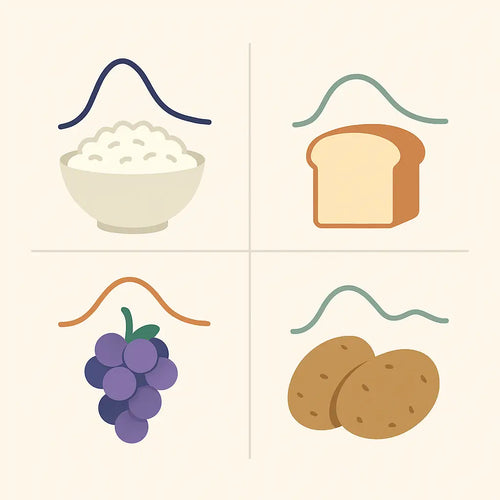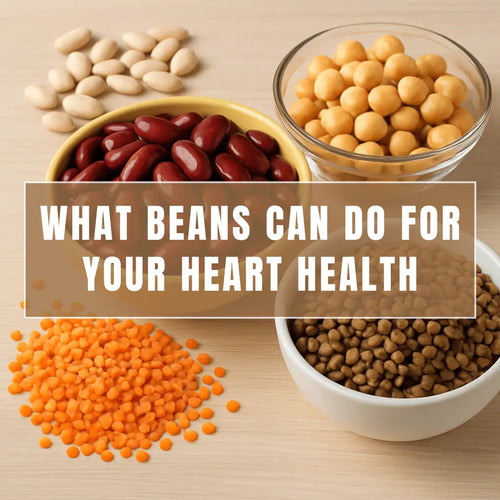The process of atherosclerosis is a risk factor for cardiovascular disease and involves deposits of fat and especially LDL cholesterol into the blood vessel wall (Salisbury D, Bronas U, 2014).
These researchers state that when the LDL cholesterol gets deposited into the vascular wall it can oxidize and cause injury creating inflammation which drives the atherosclerotic process.
Higher levels of chronic low-grade inflammation result in a stronger inflammatory response.
Low-grade inflammation which you may not be aware of needs to be kept low, as an important way to increase your life expectancy.
To decrease low-grade inflammation, let’s look at what can contribute to it.
Highly processed, nutrient depleted food will cause a spike in the blood glucose and fat shortly after it is eaten.
This results in increased free radicals and inflammation together with other factors which increase the risk for cardiovascular disease (O’Keefe JH, et.al., 2008).
The increase in blood glucose, free radicals and inflammation will last for several hours. That’s important to keep in mind if you eat these types of meals several times a day, it results in elevated levels of these substances throughout the day.
The best solution would be to eat minimally processed, high fiber, plant-based food. Vegetables, legumes, nuts, seeds and a few berries are excellent choices.
Just adding some nuts after a meal may provide good benefits.

When 60 g of raw almonds were added to a meal consisting of white bread, the almonds reduced the increase in blood sugar and insulin (Jenkins DJ, et.al., 2006).
It was the antioxidants the almonds contained that was responsible for the benefits.
References:
Salisbury, D., & Bronas, U. (2014). Inflammation and immune system contribution to the etiology of atherosclerosis: mechanisms and methods of assessment. Nursing Research, 63(5), 375-385.
Jenkins, D. J., Kendall, C. W., Josse, A. R., Salvatore, S., Brighenti, F., Augustin, L. S., … & Rao, A. V. (2006). Almonds decrease postprandial glycemia, insulinemia, and oxidative damage in healthy individuals. The Journal of nutrition, 136(12), 2987-2992.
O’Keefe, J. H., Gheewala, N. M., & O’Keefe, J. O. (2008). Dietary strategies for improving post-prandial glucose, lipids, inflammation, and cardiovascular health. Journal of the American College of Cardiology, 51(3), 249-255.









